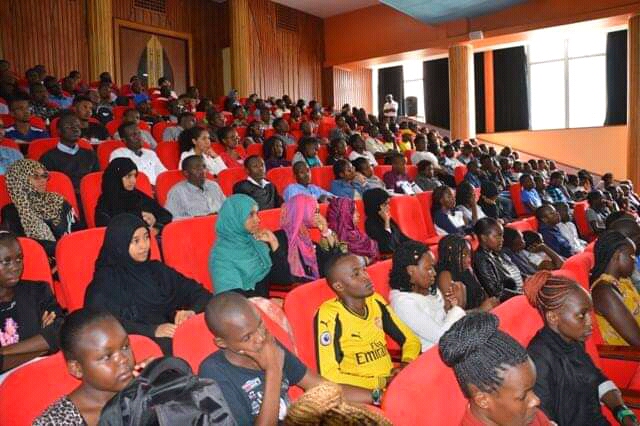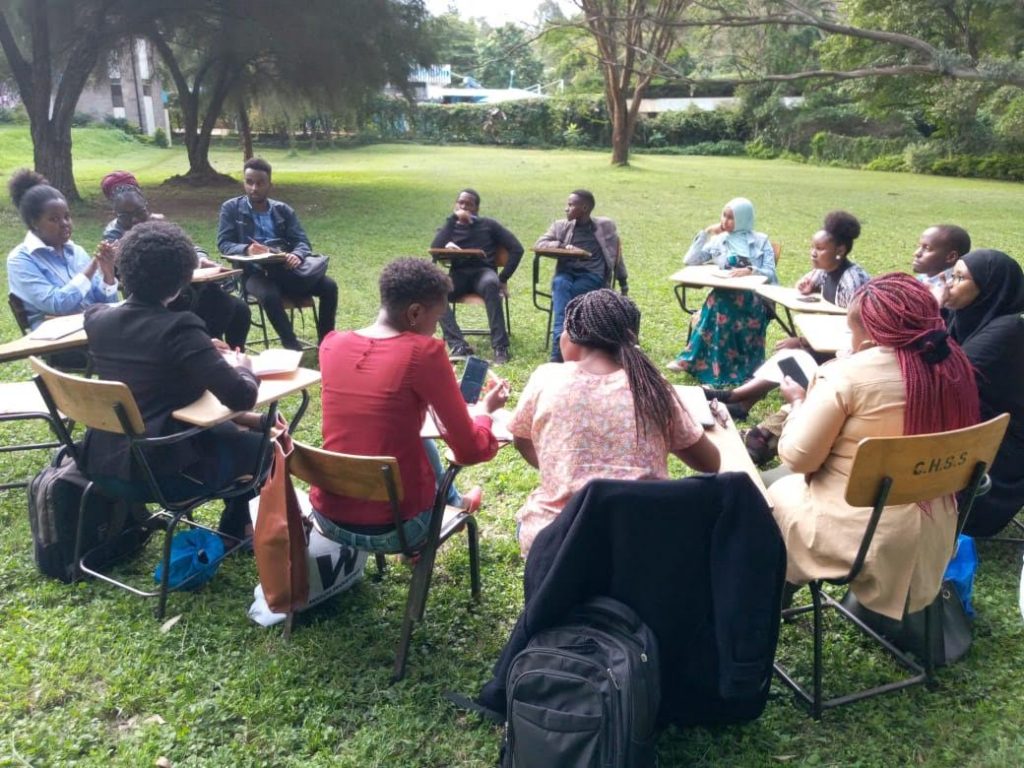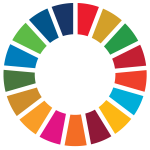Esta web utiliza cookies para que podamos ofrecerte la mejor experiencia de usuario posible. La información de las cookies se almacena en tu navegador y realiza funciones tales como reconocerte cuando vuelves a nuestra web o ayudar a nuestro equipo a comprender qué secciones de la web encuentras más interesantes y útiles.
Mainstreaming SDGs in the
University of Nairobi Curriculum
Description
Institution
University of Nairobi

Organizations/areas of the university involved
University of Nairobi
Country
Kenya
Link to learn more...
The University of Nairobi hosts the Sustainable Development Solutions Network for Kenya. In line with its mandate to mainstream the implementation of SDGs, the university Senate has embarked on curriculum review for its programs with a focus on mainstreaming SDGs in the university academic programs.
The university of Nairobi desires that its teaching programs are relevant to current societal needs. In that light it has embarked on a curriculum review processes guided by current national regional and international philosophical thinking. At the national level, Kenya’s development agenda is guided by the big 4 developmental themes: Quality universal health for all, affordable housing, accelerated manufacturing and food security. At regional level, Kenya’s development agenda is guided by the African Union Vision 2063 while at global level Kenya has pegged her development agenda on the UN agenda 2030 in which SDGs are implemented.
The university management has impressed on faculty heads, Deans and Directors of Schools and Institutes to revise all academic programs in line with Kenya’s guiding development philosophy. Members of teaching staff are advised to infuse relevant elements of any of the 17 SDGs in their lecturer hall teaching. It is believed that the more frequent SDGs are mentions to students during the various lecturer sessions the more they get internalized and appreciated both the lecturers and the students. In this initiative we hope to increase the awareness and appreciation of SDGs among the university of Nairobi community and to have education programs relevant to global societal needs such as climate change adaptations, tolerance and appreciation of diversity among communities. The revised academic programs will be tabled at the university senate for quality check and approval and then implemented in actual teaching and learning sessions. The next step will be extend the teaching of this curriculum to our collaborating institutions such as the National Defence college, the Centre for Parliamentary Studies and Training and the Kenya School of Government.
Results and impact measured or expected
The impact of the new SDGs based curriculum at the university of Nairobi will be great. The university has a student population of about 80, 000studens and 3000 members of the teaching staff. Implementation of the new curriculum will create change agents spread in different sectors of the Kenyan economy and the East African region. The university hold two graduations per year and through these graduations it offload to the Kenyan public professionals and practitioners in various fields. Equipped with SDGs knowledge these graduates will contribute to the transformation of the Kenan society.
Connection with the SDG framework
In Professor Jeffrey D. Sachs’s opinion, no single professor, researcher or student will become an expert in most or all of the relevant fields, but the training and research in sustainable development requires a familiarity with the range of fields, a trained vocabulary and span of knowledge to be able to discuss issues across the fields, and an ability to work with colleagues from nonsense fields.
These new education programs at the university of Nairobi should train students to think systematically about the major challenges (poverty alleviation, access to public services, environmental sustainability) from a number of disciplinary perspectives, and with a solutions orientation (eg practical problem solving). The new programs include include policy-related projects working directly with a “client” such as the local government or a ministry at the national level. Through practicums at attachments in government offices or industry the students will be mentored in practical policy design in their respective fields of their study.
Barriers and follow up
Universities are known for rigidity of their academic programs especially where some programs have been attracting significant preference by learners. Reviewing and adding new concepts to such programs is seen as diluting the content.
Transferability of the initiative
The university of Nairobi has entered into a number of MOUs with other local and international institutions. The rolling out of the new teaching programs will be transferred to these collaborators either through student exchange programs, joint research activities or co-teaching/student supervision by academic members of staff.
Education 4 SDG funciona gracias a WordPress


